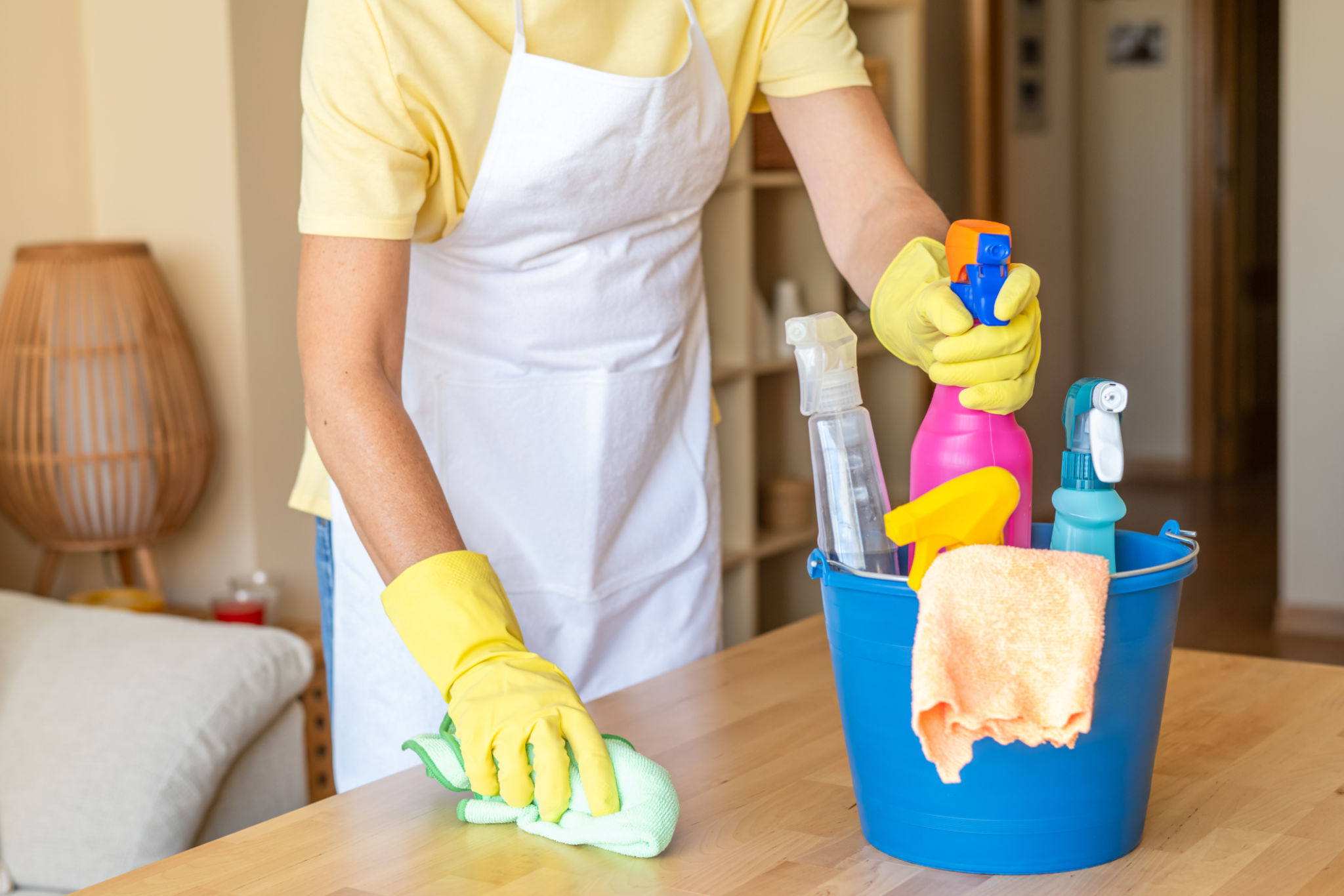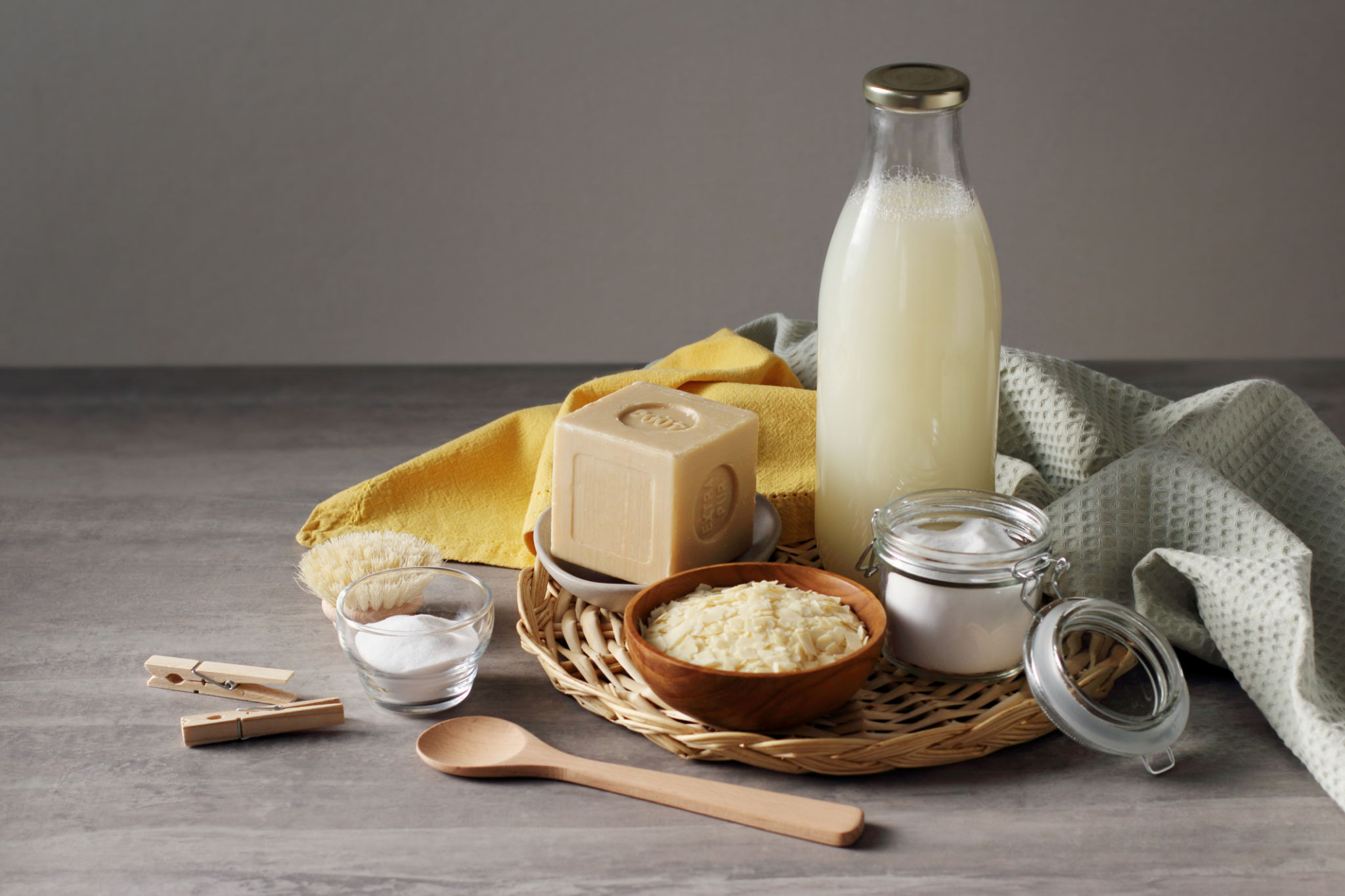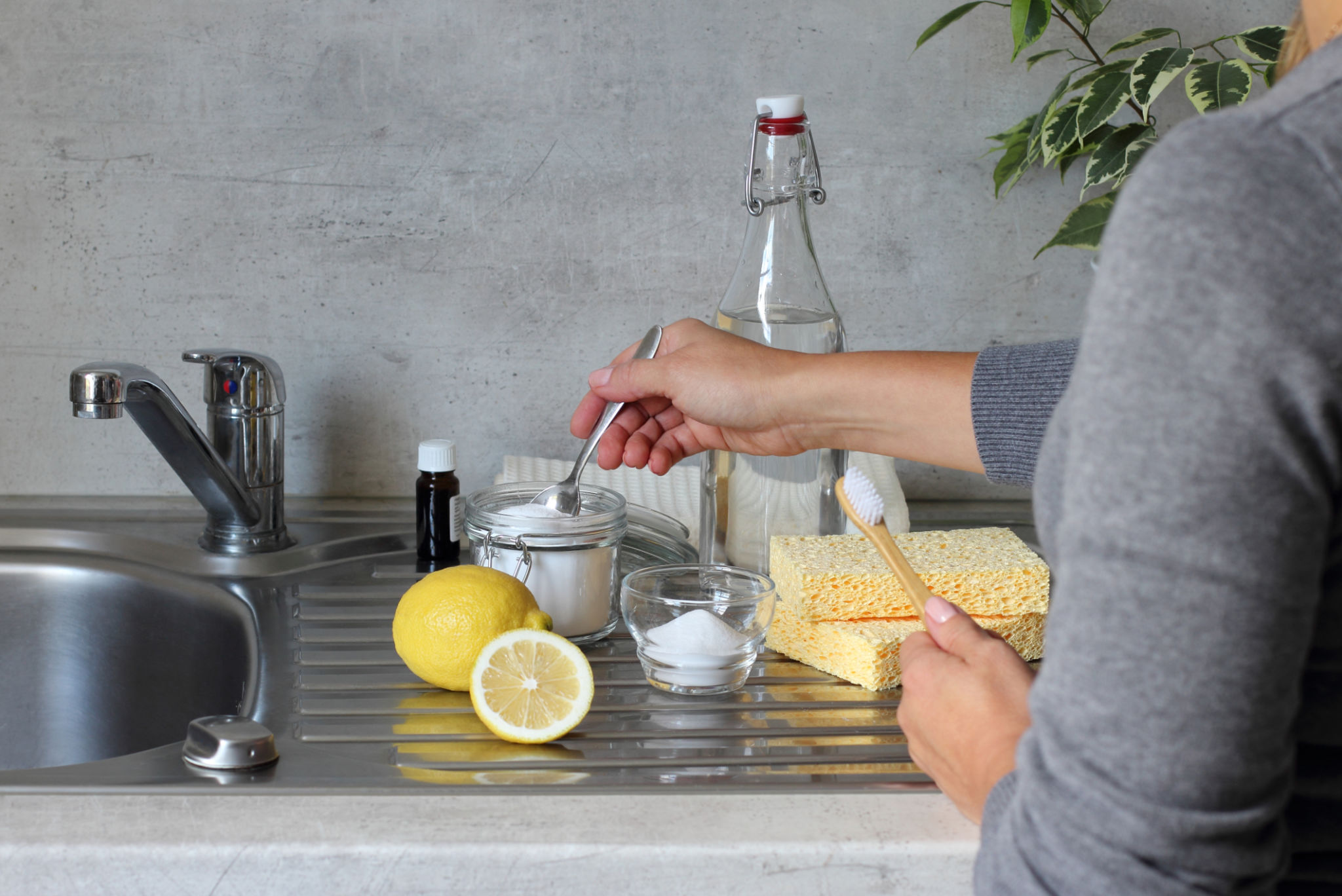Comparing Eco-Friendly and Traditional Cleaners: Which is Better for Baltimore Homes?
Understanding Eco-Friendly Cleaners
Eco-friendly cleaners, also known as green cleaners, are products designed to minimize environmental impact. Unlike traditional cleaners, they avoid the use of harsh chemicals and instead utilize natural ingredients such as vinegar, baking soda, and essential oils. In recent years, their popularity has surged as more homeowners in Baltimore become conscious of their environmental footprint.
These cleaners are not only beneficial to the planet but also to human health. Many conventional cleaning products contain substances that can cause respiratory issues, skin irritation, or other health problems. By opting for eco-friendly alternatives, residents can create a safer living environment for their families.

The Composition of Traditional Cleaners
Traditional cleaners often rely on synthetic chemicals to achieve their cleaning power. Ingredients such as ammonia, bleach, and phthalates are common and can effectively remove dirt and grime. However, these chemicals can have adverse effects on both the environment and human health. For instance, when washed down the drain, they may contaminate water supplies and harm aquatic life.
Moreover, the strong fragrances and fumes from these cleaners can contribute to indoor air pollution. This is especially concerning in urban areas like Baltimore where air quality is already a significant issue. It's essential to weigh these factors when choosing cleaning products for your home.

Performance and Effectiveness
When it comes to effectiveness, many people assume that traditional cleaners outperform eco-friendly ones. However, advances in green technology have led to the development of highly effective eco-friendly cleaners that can tackle the same tasks as their conventional counterparts. Whether it's removing grease or disinfecting surfaces, eco-friendly options are proving to be just as capable.
In fact, some eco-friendly products outperform traditional cleaners in certain scenarios. For example, natural ingredients like vinegar and baking soda are excellent for eliminating odors and cutting through tough stains without leaving harmful residues behind.
Cost Considerations
Cost is a significant factor when selecting cleaning products. Traditional cleaners are often cheaper upfront due to their widespread availability and mass production. However, eco-friendly cleaners may offer long-term savings. They are often concentrated, requiring less product per use, and can double up for multiple cleaning tasks around the house.
Additionally, making your own eco-friendly cleaners at home can be a cost-effective alternative. With simple ingredients like lemon juice and baking soda, homeowners can create powerful cleaning solutions at a fraction of the cost.

The Impact on Baltimore’s Environment
Baltimore's unique location near the Chesapeake Bay makes it crucial for residents to consider the environmental impact of their cleaning choices. Traditional cleaners can contribute to water pollution, harming local ecosystems and wildlife. By choosing eco-friendly products, residents can help protect these natural resources.
Moreover, supporting eco-friendly brands often means endorsing companies that prioritize sustainable practices and ethical sourcing. This can lead to broader environmental benefits beyond just cleaning your home.
Conclusion: Making the Right Choice for Your Home
Deciding between eco-friendly and traditional cleaners involves considering multiple factors, including health implications, environmental impact, effectiveness, and cost. For Baltimore homeowners looking to reduce their ecological footprint while maintaining a clean and safe living environment, eco-friendly cleaners present a compelling choice.
Ultimately, the best approach may be a combination of both types of cleaners tailored to specific needs and preferences. By staying informed and making conscious decisions, residents can contribute positively to both their households and the broader community.